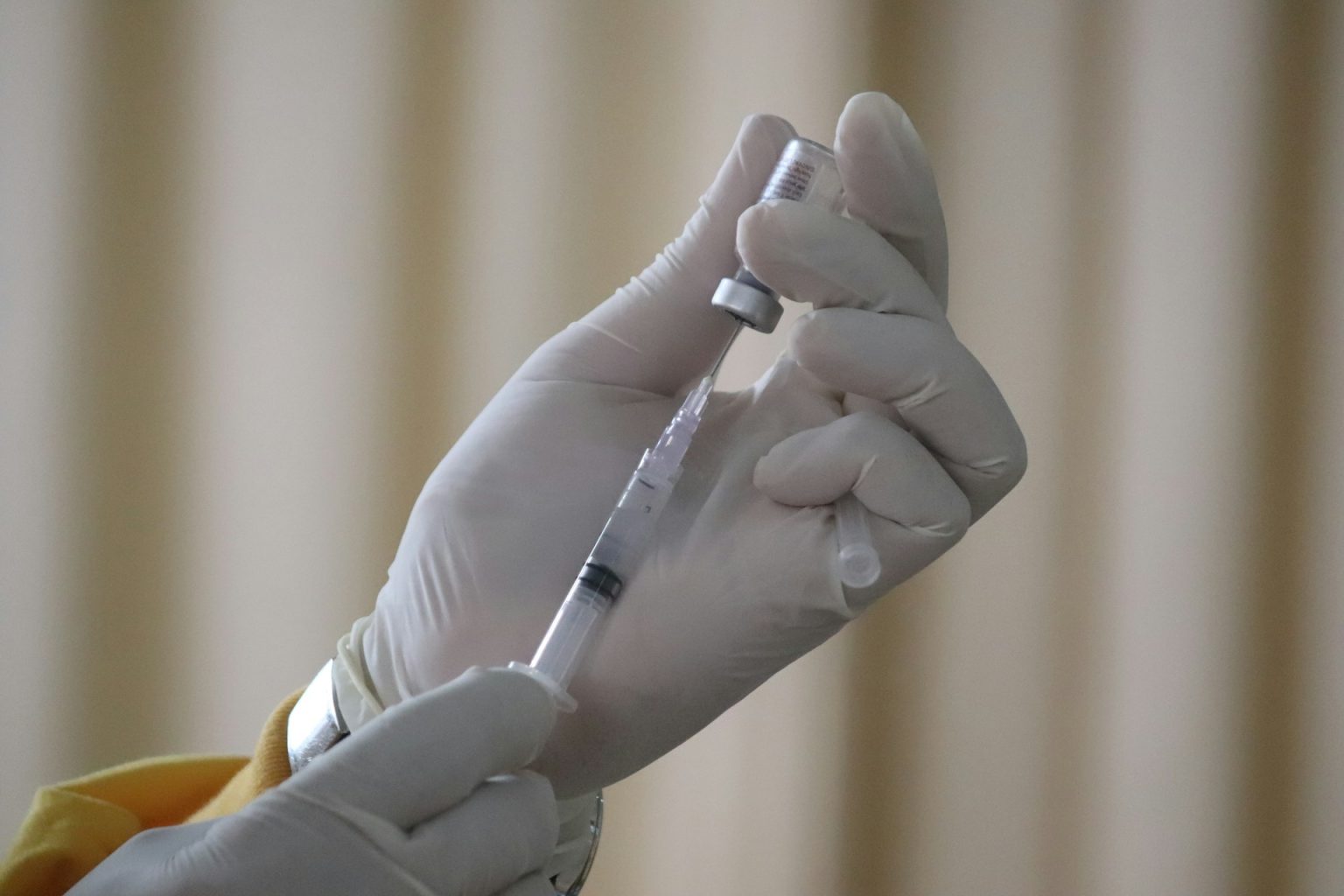Inventprise Announces Significant Workforce Reduction Amid Biotech Challenges
In a sobering development for the Pacific Northwest’s biotechnology sector, Redmond, Washington-based vaccine developer Inventprise has announced plans to lay off 76 employees, representing a substantial portion of its workforce. According to a recent filing with the Washington Employment Security Department, the cuts will affect staff across multiple locations, including the company’s facilities in Redmond and Woodinville, as well as remote workers. The reduction spans numerous departments, touching manufacturing, quality control, research and development, and various technical positions throughout the organization. This comprehensive restructuring, scheduled to begin December 31, signals potential strategic shifts or financial pressures at the company, which has built its reputation on developing vaccines for infectious diseases with a particular focus on global health challenges.
Founded in 2012 by Dr. Subhash Kapre, who previously collaborated with the Bill & Melinda Gates Foundation on vaccine initiatives, Inventprise has positioned itself as an innovator addressing health challenges in low- and middle-income countries around the world. Dr. Kapre’s vision for the company attracted significant support from the Seattle-based Gates Foundation, which has invested more than $13 million in Inventprise’s development and research programs. The company’s current leadership structure includes Dr. Kapre as chairman, while day-to-day operations are overseen by CEO Yves Leurquin, who brought his pharmaceutical expertise to Inventprise in 2021 after a career at Takeda. Under this leadership team, the company has built a workforce of approximately 200 employees according to LinkedIn data, making the announced cuts particularly significant as they appear to affect more than a third of the company’s personnel.
The company’s scientific focus centers on its lead vaccine candidate, IVT-PCV-25, a pneumococcal conjugate vaccine currently advancing through Phase 2 clinical trials. This vaccine represents Inventprise’s commitment to addressing persistent global health challenges through innovative approaches to immunization. Pneumococcal disease remains a significant health threat worldwide, particularly in developing regions where access to advanced healthcare and existing vaccines may be limited. By developing a potentially more effective or accessible pneumococcal vaccine, Inventprise has been working toward fulfilling its mission of creating solutions specifically tailored to the needs of underserved populations. The company’s pipeline and technological approach have previously garnered attention and support from both philanthropic organizations and the broader scientific community interested in global health equity.
The timing of these layoffs raises questions about the broader challenges facing biotechnology companies in the current economic climate. While the specific reasons for Inventprise’s workforce reduction have not been publicly detailed, the biotech sector as a whole has faced numerous pressures in recent years, including tightening investment markets, extended timelines for clinical development, and increasing costs associated with bringing new therapies and vaccines through regulatory approval processes. For companies like Inventprise that focus on global health challenges rather than more commercially lucrative therapeutic areas, these pressures can be particularly acute, as their business models often depend on a combination of philanthropic support, partnerships with international health organizations, and strategic investments rather than traditional commercial pharmaceutical revenue streams.
The impact of these layoffs extends beyond the company itself, potentially affecting the broader biotech ecosystem in the Seattle area. The region has worked to establish itself as a hub for biotechnology innovation, particularly in vaccine development, building on the presence of organizations like the Gates Foundation, the Fred Hutchinson Cancer Center, and numerous startups and established biotech firms. Workforce reductions at companies like Inventprise can create ripple effects throughout this ecosystem, from supporting businesses to academic partnerships. At the same time, the highly specialized talent being released may eventually strengthen other local biotech endeavors as these professionals seek new opportunities within the region. For the affected employees themselves, the timing of the announcement provides some runway for career transitions, with the first separations not taking effect until the end of December.
Looking ahead, Inventprise faces the challenge of maintaining momentum on its vaccine development programs while operating with a significantly reduced workforce. The company has not publicly indicated whether the layoffs will result in a strategic refocusing of its research priorities or changes to its clinical development timelines for IVT-PCV-25 or other pipeline candidates. The biotechnology industry is accustomed to cycles of contraction and expansion, and Inventprise’s future trajectory will likely depend on multiple factors, including the clinical success of its lead candidates, its ability to secure additional funding or partnerships, and the evolving landscape for vaccines targeting infectious diseases in global health contexts. While this workforce reduction represents a difficult moment for the company and affected employees, Inventprise’s underlying mission of addressing critical health challenges in underserved populations remains as relevant as ever in a world where access to effective vaccines continues to be unevenly distributed across global communities.


